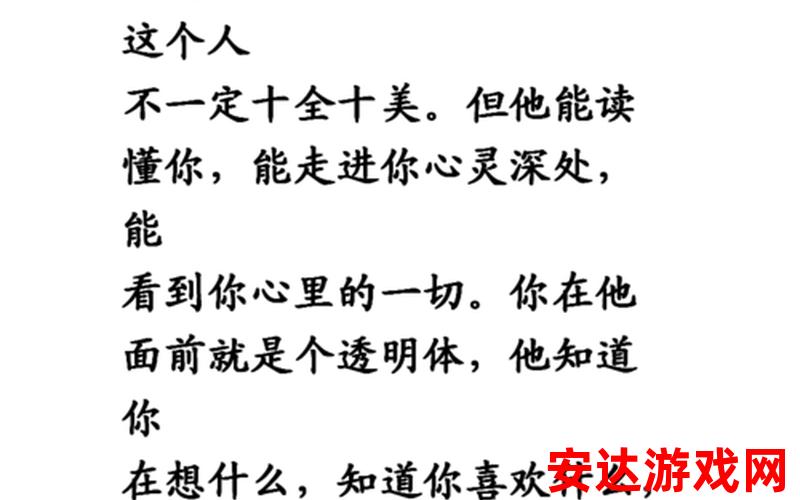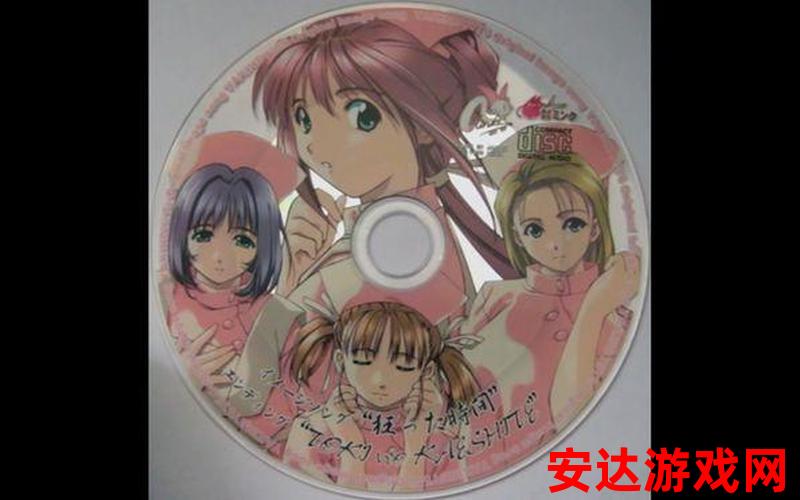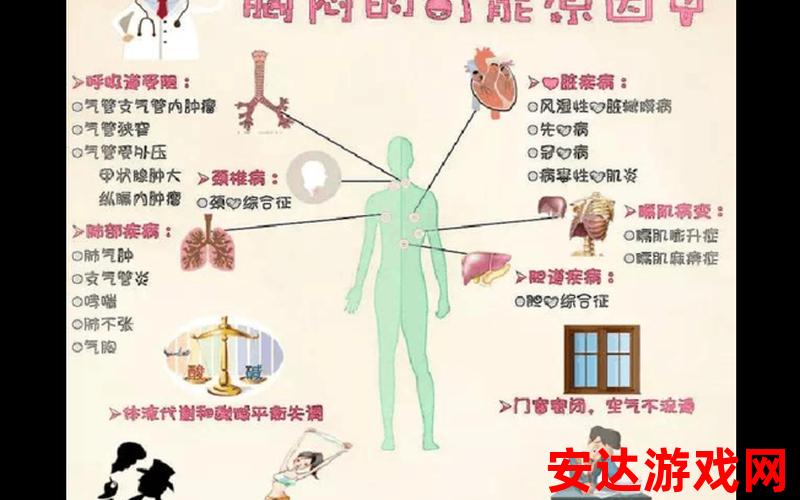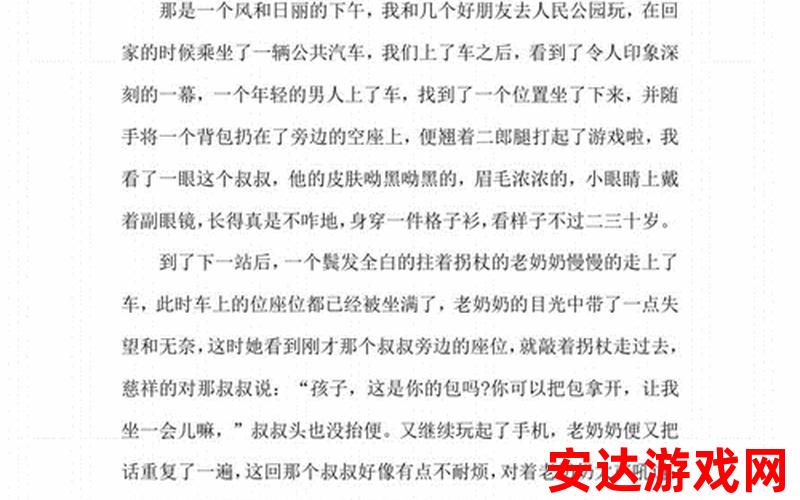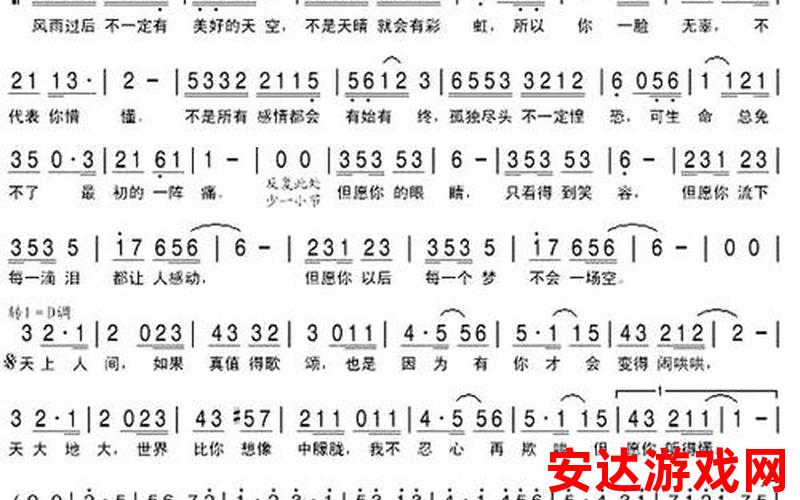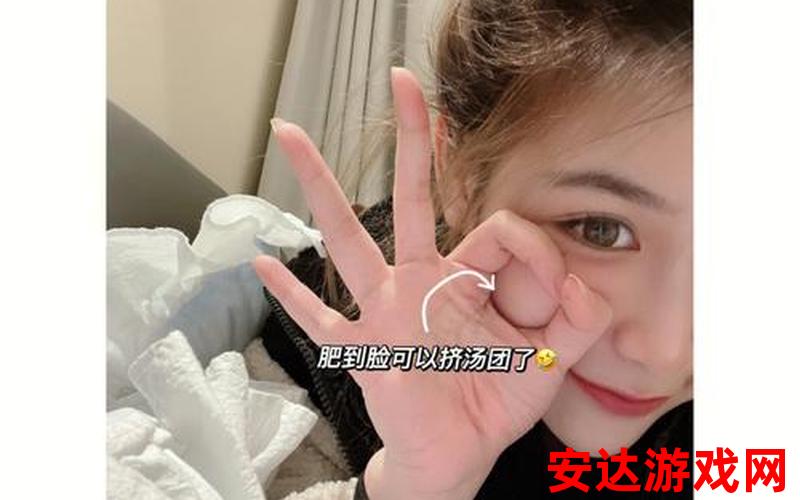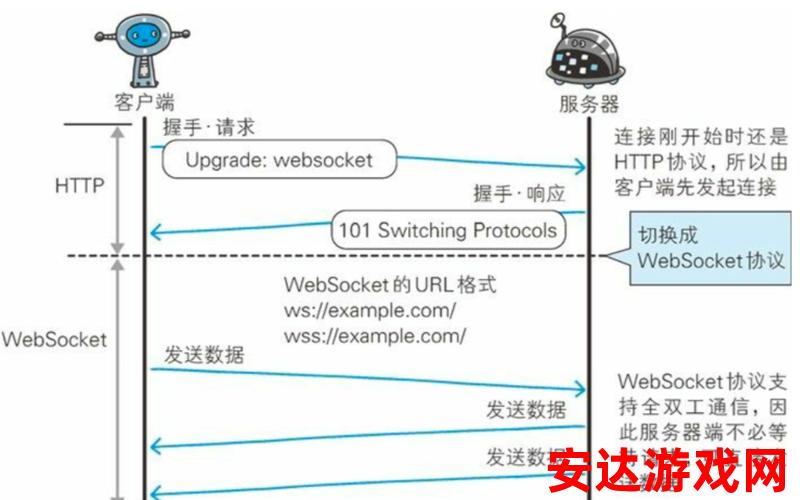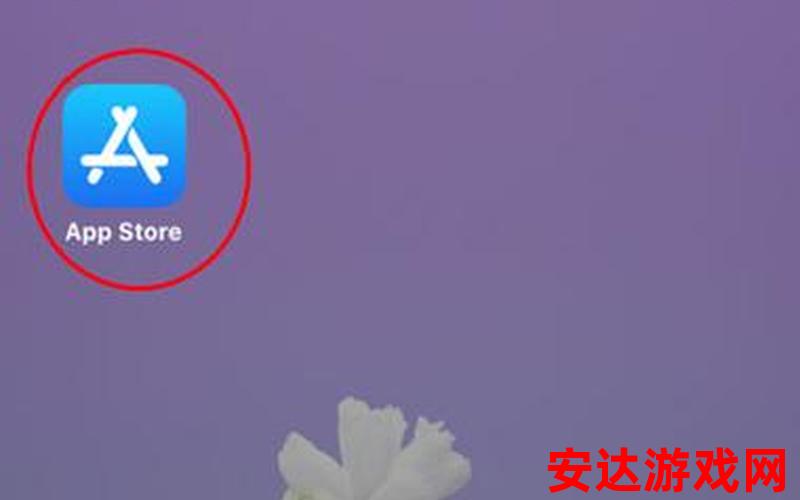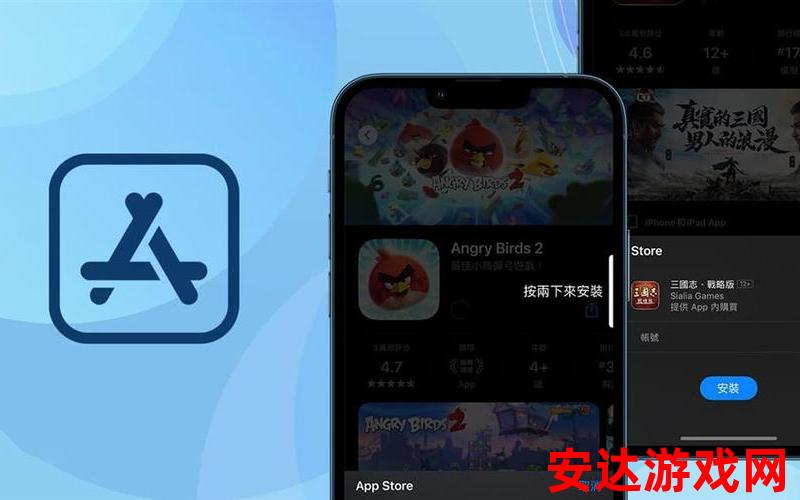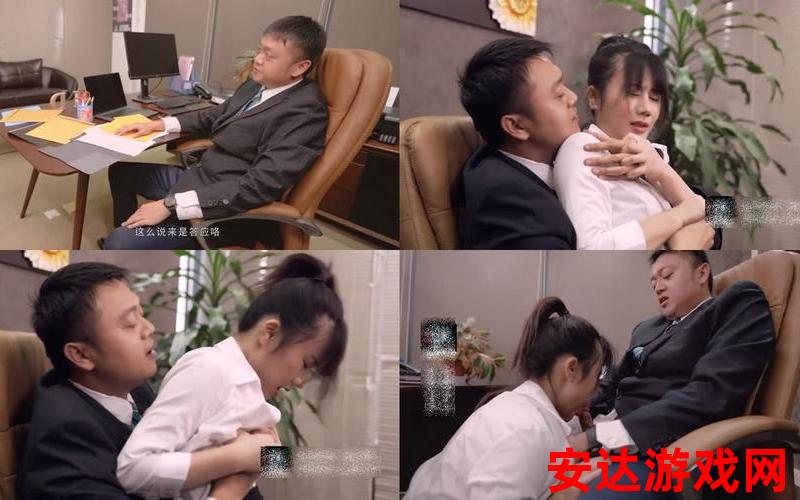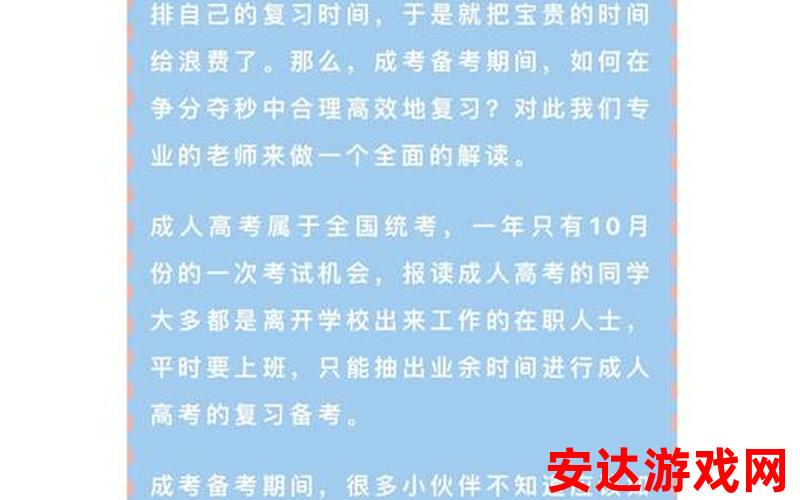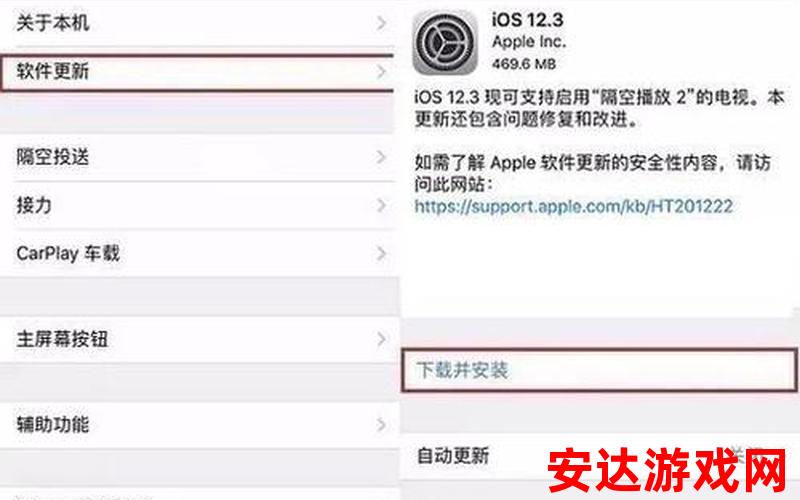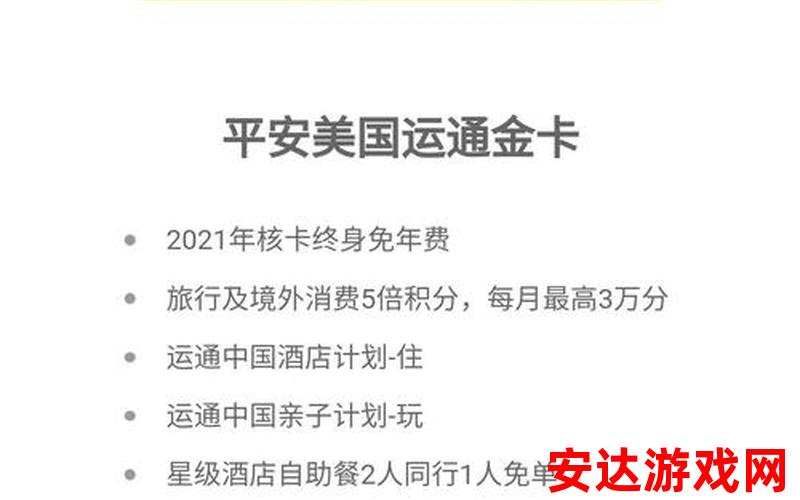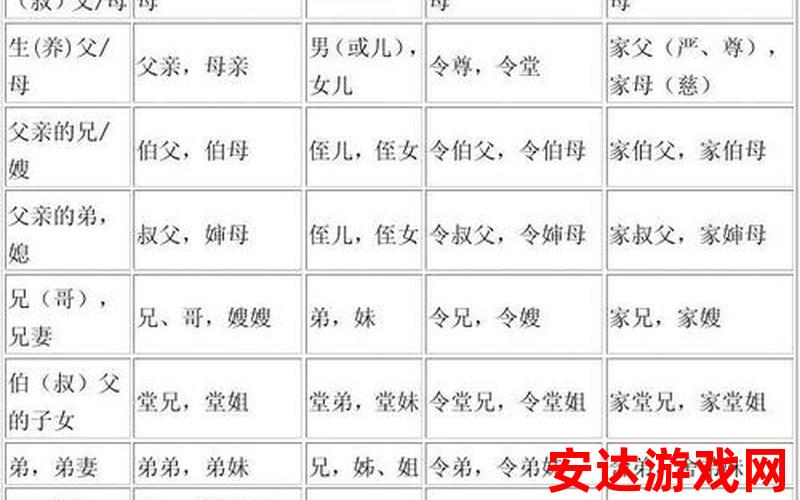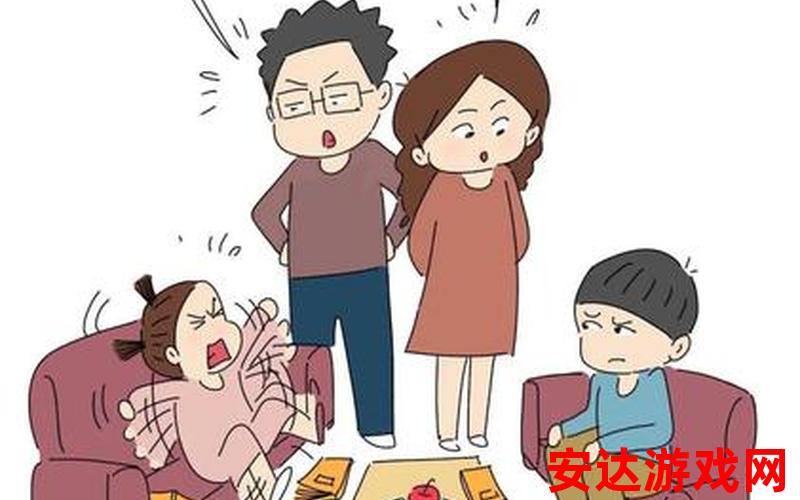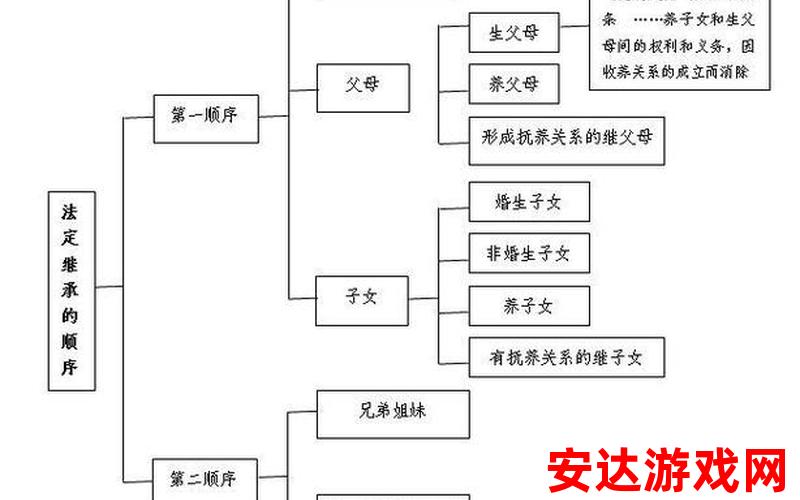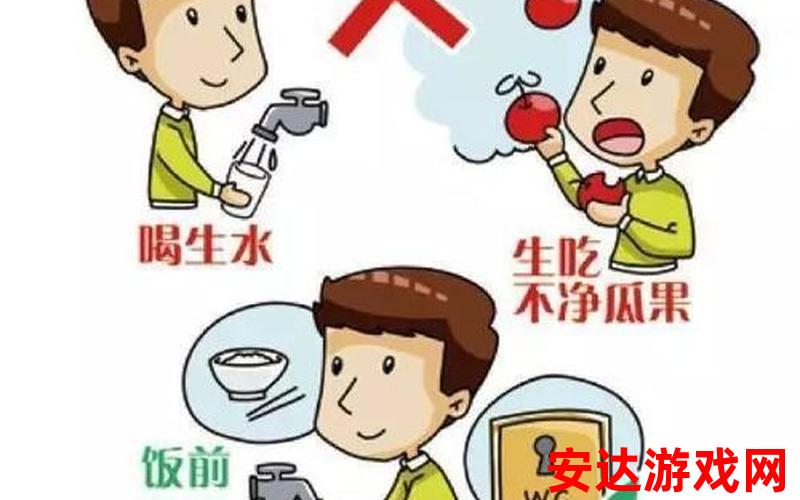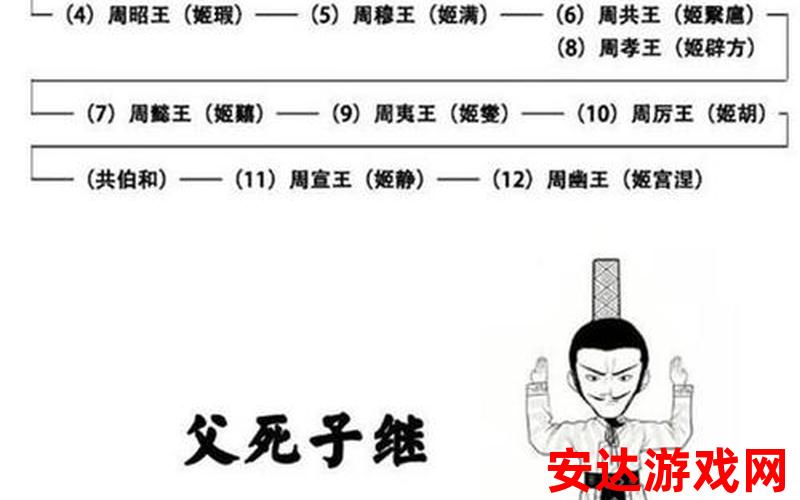下课后用英语咋说:下课后,怎样用英语说?
攻略 2024-05-22 29 0
下课后用英语咋说:How to Say "下课后" in English?
Have you ever wondered how to express the phrase "下课后" in English? In this article, we will explore various ways to convey the meaning of "下课后" in English. By using unique concepts and strong vocabulary, we will provide you with an intriguing and informative discussion on this topic. Let's dive in!
After Class
The most straightforward translation of "下课后" is "after class." This phrase is commonly used to refer to the time period immediately following the end of a class or school session. It captures the essence of the original phrase and effectively conveys the idea of what happens once the class is over.
However, if you want to add more depth and variety to your vocabulary, there are several other expressions you can use to describe "下课后" in English. Let's explore some of them.
Post-Class
"Post-class" is a more formal and sophisticated way to express "下课后." This phrase is often used in academic or professional settings to discuss activities or events that take place after a class or lecture. It adds a touch of professionalism and can be particularly useful when writing formal reports or papers.
For example, you could say, "We had a post-class discussion to further analyze the concepts taught during the lecture." This phrase not only conveys the idea of "下课后" but also emphasizes the importance of continued learning and engagement.
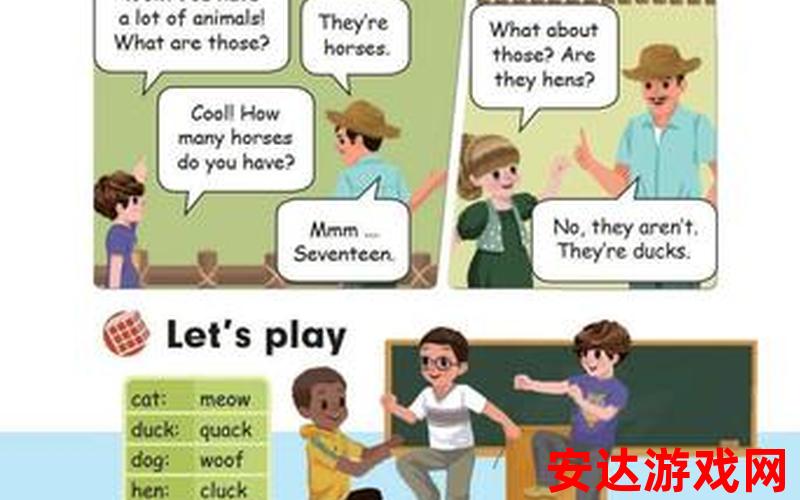
After School
If you are referring to activities or events that occur after the school day is over, you can use the phrase "after school." This expression encompasses the broader context of "下课后" and includes extracurricular activities, socializing with friends, or simply going home.
For instance, you could say, "After school, I usually participate in club activities or study with my classmates." This phrase highlights the range of possibilities and experiences that can happen once the school day comes to an end.
Free Time
Another way to express the concept of "下课后" is to refer to it as "free time." This phrase emphasizes the idea of leisure and relaxation that often comes after a class or school session. It suggests that individuals have the freedom to engage in activities of their choice.
For example, you could say, "After class, I enjoy my free time by reading books or pursuing my hobbies." This phrase not only captures the essence of "下课后" but also conveys a sense of personal enjoyment and fulfillment.
Conclusion
In conclusion, there are several ways to express the phrase "下课后" in English. From the straightforward "after class" to the more formal "post-class," and the encompassing "after school" to the leisurely "free time," each phrase adds a unique nuance and depth to the concept. By expanding your vocabulary and exploring these different expressions, you can effectively convey the meaning of "下课后" in various contexts. So, next time you want to talk about what happens after class, you'll have a range of options to choose from!

